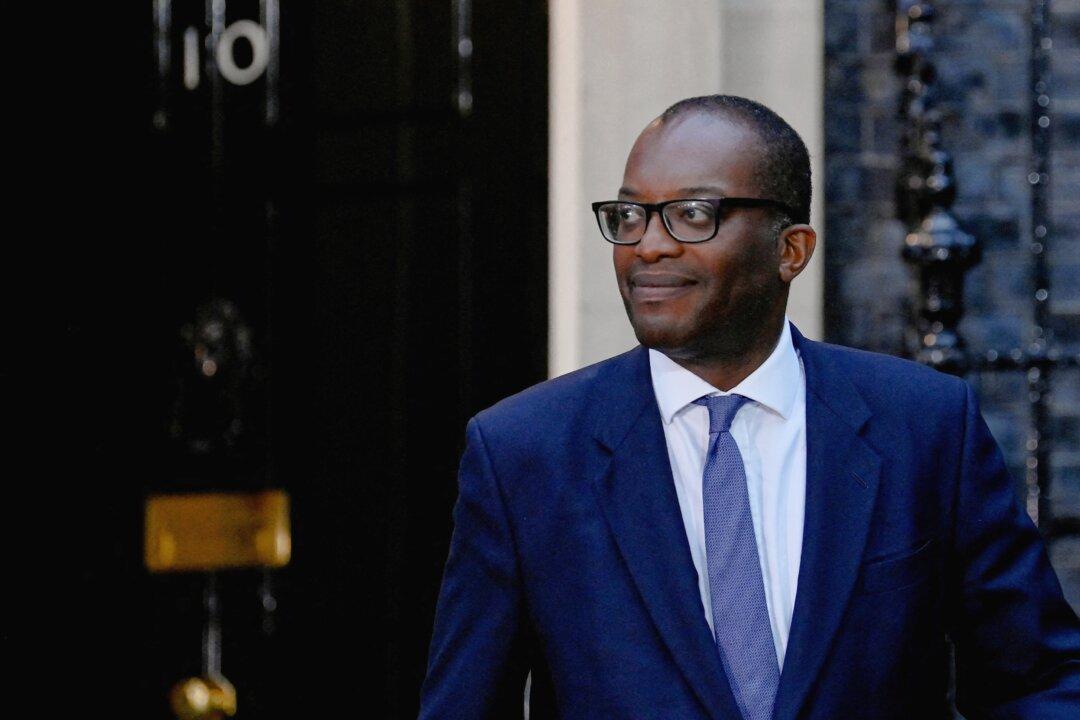Chancellor of the Exchequer Kwasi Kwarteng said on Sunday that more tax cuts are on the way.
It comes after his tax-slashing mini-budget announcement on Friday was met with mixed reactions.

Chancellor of the Exchequer Kwasi Kwarteng said on Sunday that more tax cuts are on the way.